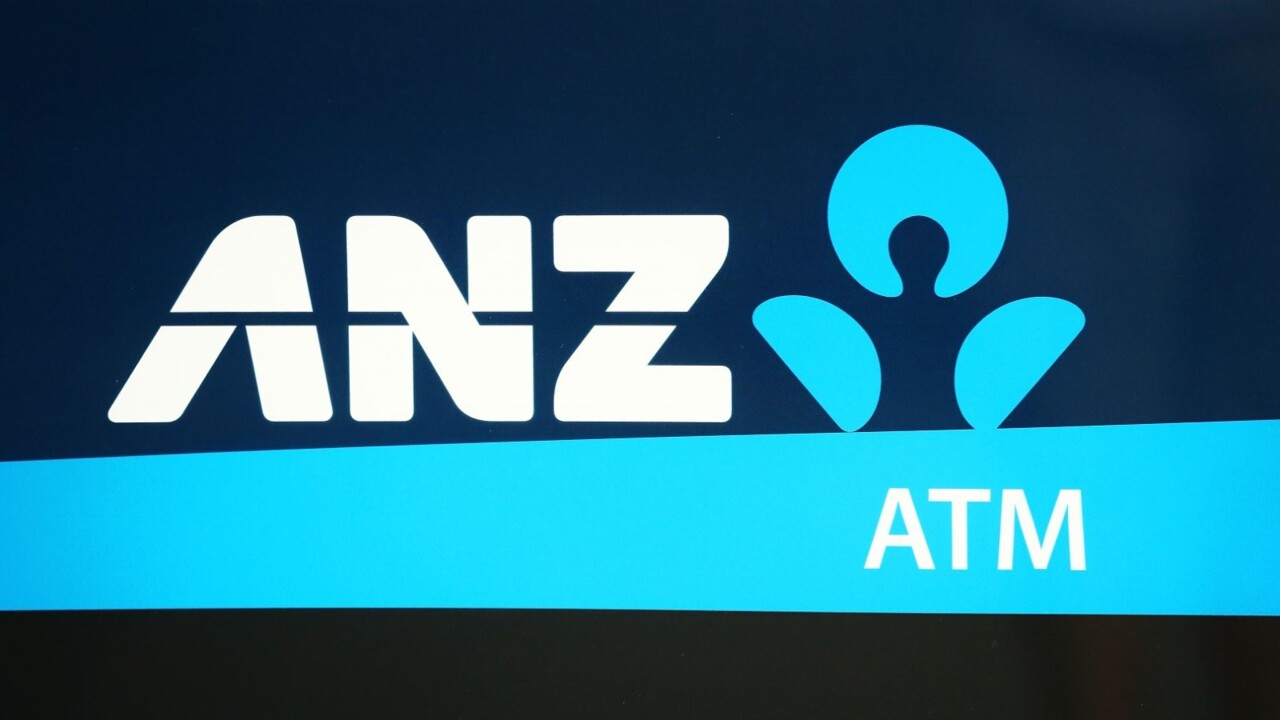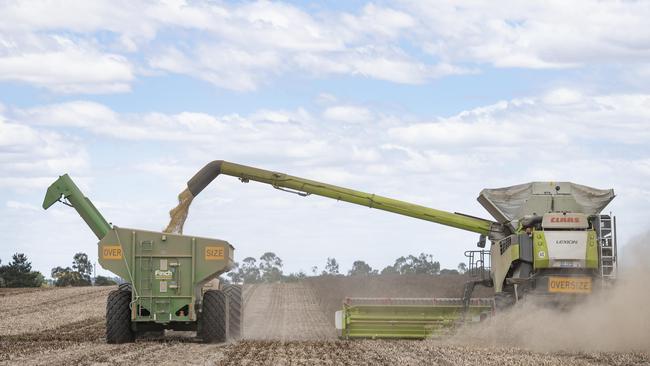Judo Bank chief executive Joseph Healy resigns, to be replaced by fellow co-founder Chris Bayliss
Industry veteran Joseph Healy has announced that he will step down as the chief of Judo Bank next month and says SMEs are handling rate rises ‘remarkably’.

Judo Bank chief executive Joseph Healy will leave next month after seven years in the job.
And the co-founder says that small and medium enterprises have been remarkably resilient in combating pressures from a barrage of economic headwinds.
Mr Healy, who played a key role in Judo transforming business banking for SMEs, will step down from his role on March 18, and will be replaced by his deputy and chief relationship officer, Chris Bayliss.
The changing of the guard comes after Judo beat analysts’ forecasts as its cash profit came in 4.6 per cent above market expectations at $45.9m in the first half of the 2024 fiscal year.
A former head of National Australia Bank’s business bank, Mr Healy is credited with being one of the visionaries behind Judo Bank, having identified a gap in the market to service small and medium enterprises that were underserved by other banks in the market.
Mr Healy said Judo entry into the market reawakened the industry’s appetite to lend to Australian businesses and forced many other banks to improve their products.
“As a reaction to Judo, we’ve seen the other banks lift the game to the benefit of SMEs. Our contribution in the market goes to the fact that other banks have taken notice and changed their offerings,” he said.
“That’s something I’m enormously proud of. But, you know, in building this bank, there’s just so many landmarks, major achievements that are a product of the team effort.”
His replacement, Mr Bayliss, is also a co-founder of Judo Bank and has held positions of chief operating officer, chief financial officer, chief relationship officer and deputy CEO. He worked for Standard Chartered, NAB and Clydesdale Bank.
“Chris had been working closely with me right from the time Judo was a PowerPoint. He’s a highly credentialed and a highly capable executive and I felt that it was his turn to run the company,” Mr Healy told The Australian.

“It also gives me an opportunity to look for a fresh challenge, which I want to do. So it’s a very positive, natural, and I would describe it as a textbook, CEO succession event.”
The CEO transition comes as the lender’s profit before tax jumped 24 per cent to $67m for the six months to December 31 from $54.2m a year earlier. Its cash profit was $45.9m, which was a 4.6 per cent beat on analyst expectation.
Judo’s net interest margin fell 32 basis points from the previous half to 3.02 per cent and deposits increased 16 per cent to $6.9bn, which analysts expected to recover by 2025 as its front-book lending spread widen.
Judo said it was pleased with its expansion into the regions and planned to build on the inroads it had made in agribusiness and healthcare.
S&P Global Ratings said Judo was on track to scale up its operations and would continue to grow above the system over the next two years.
“Its ability to charge higher margins than peers on the back of responsiveness, service quality, and deeper customer relationships will remain a key credit strength,” the ratings group said.
Mr Healy will stay until June 28 as an adviser to Mr Bayliss during the transition, but after that he had no specific plans apart from taking his first proper break in nearly a decade.
“I want to take a few months’ break, because in nine years it’s been an absolute non-stop effort in building and managing this bank. So it’s a chance to take stock of things and look for a fresh challenge,” he said.
The impact of 13 interest rate rises from the RBA since May 2022 has had an uneven impact on SMEs, according to Mr Healy, who said the increases still had another six to nine months to work their way through the economy.
“It has been uneven in that there are some sectors that have found it more challenging than others, as you would expect. But overall, the SME economy, as with the broader economy, has been really quite resilient,” he said.
He said that at a macro level balance sheets of SMEs were in good shape to deal with the challenges that have occurred in the recent years, such as Covid-19 and interest rate rises.
This in part stemmed from a deleveraging in the SME economy before those events where businesses were not borrowing as much or because they could not access capital.
“We had the shock of Covid-19 hitting our shores in March 2020 and then the shock of the interest rate adjustments that we’ve been dealing with for the last 12 months or so. So the resilience of the SME economy is remarkable, actually,” he said.
Mr Healy led the bank through key milestones since 2016 including proving the customer value proposition, recruiting an industry leading team, obtaining a banking licence, raising $1.5bn in equity, and transitioning the bank to the public equity markets.
Judo was the first bank in three decades to list on the ASX and reached profitability in three years, which Judo chairman Peter Hodgson said made it the fastest start-up bank to do so globally.
“Joseph is a visionary who recognised that SMEs were being underserved by our Australian banks. Under Joseph’s leadership, Judo has changed Australia’s banking industry for the better. He is leaving a great legacy,” he said.
Judo said its lending grew by almost $800m in the first six months of the financial year to December, almost three times as fast as overall business credit expanded in the half.
It comes as several other lenders piled into business lending, citing higher margins.
Shares in Judo were unchanged on Tuesday at $1.20.




To join the conversation, please log in. Don't have an account? Register
Join the conversation, you are commenting as Logout